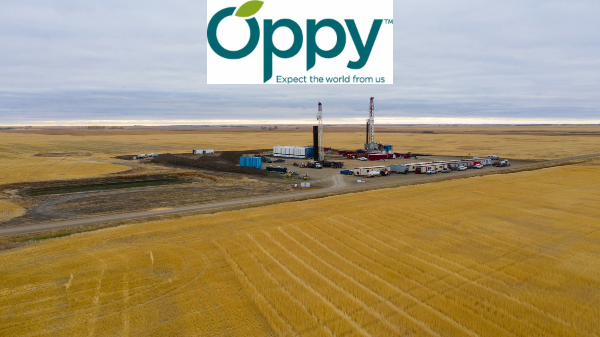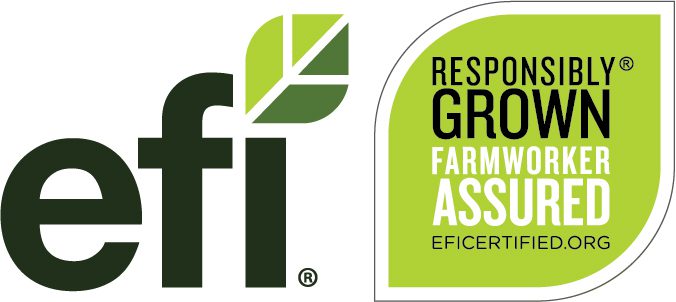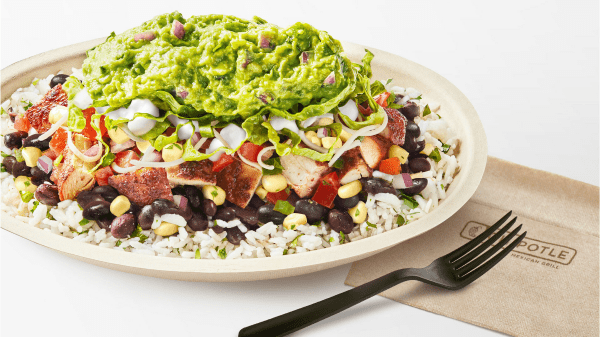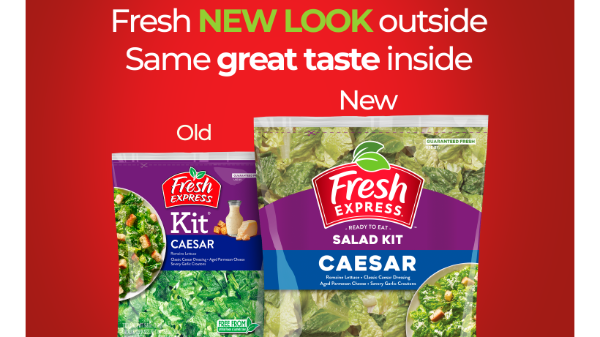Welcome to Blue Book!
Are you ready to join the thousands of companies who rely on Blue Book to drive smarter decisions? View our plans and get started today!
Still have questions? We’d love to show you what Blue Book can do for you. Drop us a line– we’ve been waiting for you.

And as a giant warehouse, the CIPM offers customers more than just buying fresh produce. There’s ample storage, shipping options, and ripening rooms too. Customers “can shop us, use us as storage, see and taste products, and look for quality,” says Mandolini. “If they come across a good buy on grapes, they can call the guys back at the store and tell them to put a display in the window because they will be bringing more back.”
The market’s central location, granting easy access to produce from Wisconsin, Indiana, and Michigan, is also part of its enduring success. Though there are other terminal markets in Detroit and both Columbus and Cleveland, Ohio, they are far enough away to not tread on each other’s customers. For most of the Chicago market’s buyers, it is the closest place to buy direct. “There’s more quality, it’s fresh, and they can buy the quantity they need on a daily basis which lowers the risk of spoilage,” Mandolini points out.
Challenges: Weather, Pay, Food Safety and Transportation
Although winter has provided a few obstacles in the past few years, and on and off for the CIPM’s long tenure, the market is already at work on a remedy by enclosing the docks. Other daily foils include timely trade, food safety worries, and shipping.
One challenge hits at the heart of buying and selling produce: the prevalence of slow pay. Though there can be a myriad of reasons behind it, slow pay can grow from a small problem to one of epidemic proportions—deadly to any business. “Some of our guys are great and pay bills in a timely fashion,” Mandolini asserts, but admits there are others who “are pushing the envelope. We want to supply produce,” he explains, not have to be ‘the bad guy’ and spend time and energy trying to collect money.
In addition to dollars and cents, food safety is another top-of-mind issue. With new rules from the Food Safety Modernization Act being finalized, merchants know it is just a matter of time before comprehensive reform is implemented. From growers and shippers to wholesalers and retailers, the new safety initiatives will certainly be burdensome in the beginning (in terms of instituting new procedures and traceability, as well as training), but save money and lives down the road.
“Traceability is not something you can buy,” comments Donat. “Traceability is every business’ responsibility to have a solution in place.”
This includes knowing where product comes from, what happens to it while in the wholesaler’s warehouse or storage, and where these items are ultimately sold and shipped to.
Transportation has also become more complicated, putting merchants in a bind since they are shipping or receiving highly perishable goods. Heavy traffic around the market and relatively narrow streets would be a major problem if deliveries were unloaded during normal working hours, but since merchants unload before dawn, or very early in the morning, this is avoided for the most part.








